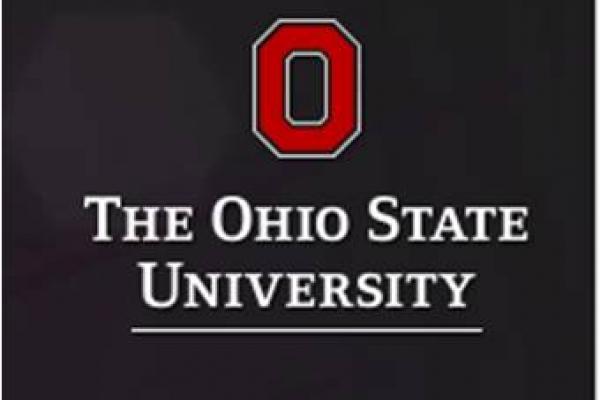
Title: Using Electrochemistry to Track Reward-Guided Decision Making in Action
Abstract: The mesolimbic dopamine system, and its frontal and striatal targets, have long been implicated in reward-guided decision making. However, to date, the precise relationship between dopamine release, reward prediction, motivation, movement and economic choice remains ambiguous. I will discuss an ongoing series of studies where we use electrochemistry to monitor sub-second dopamine release as rodents evaluate the costs and benefits of alternatives and choose how to respond in different decision contexts. Although ventral striatal dopamine rapidly signals anticipated future rewards associated with a choice, these predictions appear to be the output of a decision process and, in many situations, are not themselves sufficient for action selection. Nevertheless, dopamine release may be critical to initiate, shape and invigorate appropriate actions based on future benefits. I will discuss what these data suggest about the types of choice frame in which dopamine may be of particular importance.
